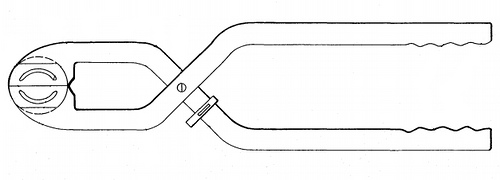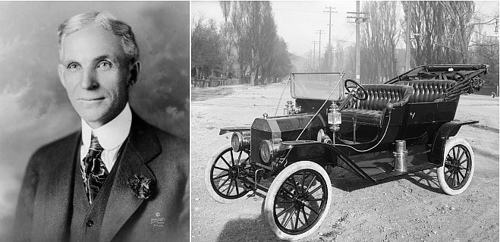Arguments against Galileo:
“Animals, which move, have limbs and muscles; the earth has no limbs or muscles, therefore it does not move.” — Scipio Chiaramonti, University of Pisa, 1633
“Buildings and the earth itself would fly off with such a rapid motion that men would have to be provided with claws like cats to enable them to hold fast to the earth’s surface.” — Libertus Fromundus, Anti-Aristarchus, 1631
“If we concede the motion of the earth, why is it that an arrow shot into the air falls back to the same spot, while the earth and all the things on it have in the meantime moved very rapidly toward the east? Who does not see that great confusion would result from this motion?” — Polacco, Anticopernicus Catholicus, 1644
More recent:
“[Astronomers give the rate of Earth’s rotation as 1,000 kilometers per hour.] An aircraft flying at this rate in the same direction as that of the rotation could not cover any ground at all. It would remain suspended in mid-air over the spot from which it took off, since both speeds are equal. There would, in addition, be no need to fly from one place to another situated on the same latitude. The aircraft could just rise and wait for the desired country to arrive in the ordinary course of the rotation, and then land; although it is difficult to see how any plane could manage to touch ground at all on an airfield which is slipping away at the rate of 1,000 kilometers per hour. It might certainly be useful to know what people who fly think of the rotation of the earth.” — Gabrielle Henriet, Heaven and Earth, 1957
See No Spin Zone.





